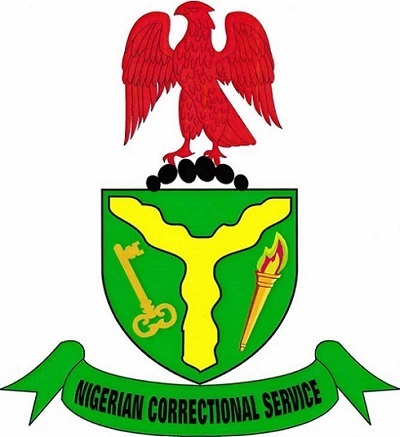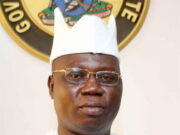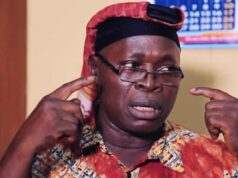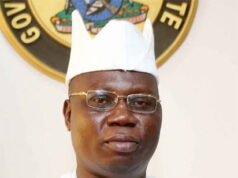The Nigerian Correctional Service has admitted to a deeply flawed and unsustainable system in the management of death row inmates, describing a crisis marked by overcrowding, indefinite legal delays, financial strain, and systemic neglect.
Speaking on Tuesday at the third public hearing of the Independent Investigative Panel on Alleged Corruption, Abuse of Power, Torture, and Other Inhumane Treatment by the NCoS in Abuja, Assistant Controller General Cyrus Lekatile delivered an assessment of the realities inside Nigeria’s correctional facilities.
There are 3,845 inmates on death row. Out of this figure, 81 are females,” Lekatile said.
Lekatile, who represented the Deputy Controller General of Corrections Operations, laid out what he described as the core challenges: extreme overcrowding, financial constraints, and the psychological toll of indefinite detention.
The high number of inmates on death row contributes significantly to the overcrowding making it difficult to provide adequate care and rehabilitation programs,” he said.
He went further to say the uncertainty faced by death row inmates is not only systemic but deeply entrenched.
“Inmates on death row often experience prolonged periods of uncertainty. It takes time to determine such appeals.
 “Most times, it takes time also for them to access the prerogative of mercy or clemency,” he said.
“Most times, it takes time also for them to access the prerogative of mercy or clemency,” he said.
Despite the official narrative of ongoing rehabilitation efforts within Nigerian correctional facilities, Lekatile admitted that inmates on death row are largely abandoned by the system.
This class of inmates are generally excluded from benefiting from these programmes.
“That is the spirit behind that. But this is the position and this same position can be altered depending on the review of all of these laws and policies,” ACG noted.
Lekatile also acknowledged rising tensions in correctional centres due to unmet demands and miscommunication.
“They insist that their own ration should be above the other inmates’ ration.
“Unfortunately, the government only recognises one person’s single ration principle. It poses a security threat to the custodial centre superintendent,” he warned.
The hearing also exposed the paralysis within Nigeria’s execution process.
Though the law provides for capital punishment, its enforcement has slowed to a crawl due to political reluctance.
“Governors and, in fact, the president are responsible for signing death warrants, but many of them are reluctant to do so, leading to what is called a de facto moratorium,” he said.
The ACG ended his remarks with a call for reform and urged a review of capital punishment laws and increased budgetary support for correctional facilities.


















